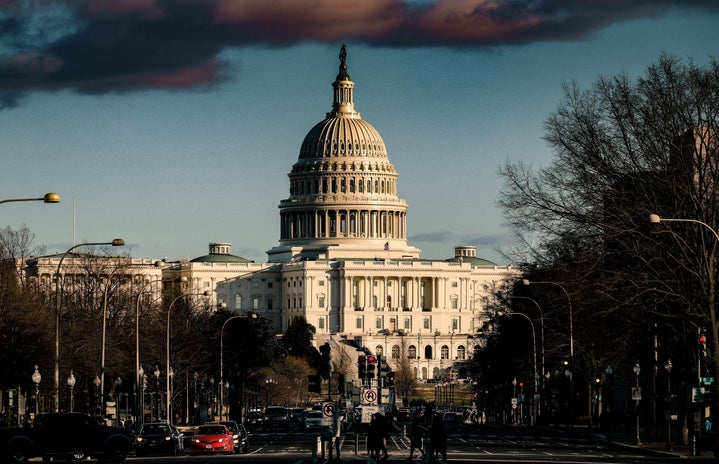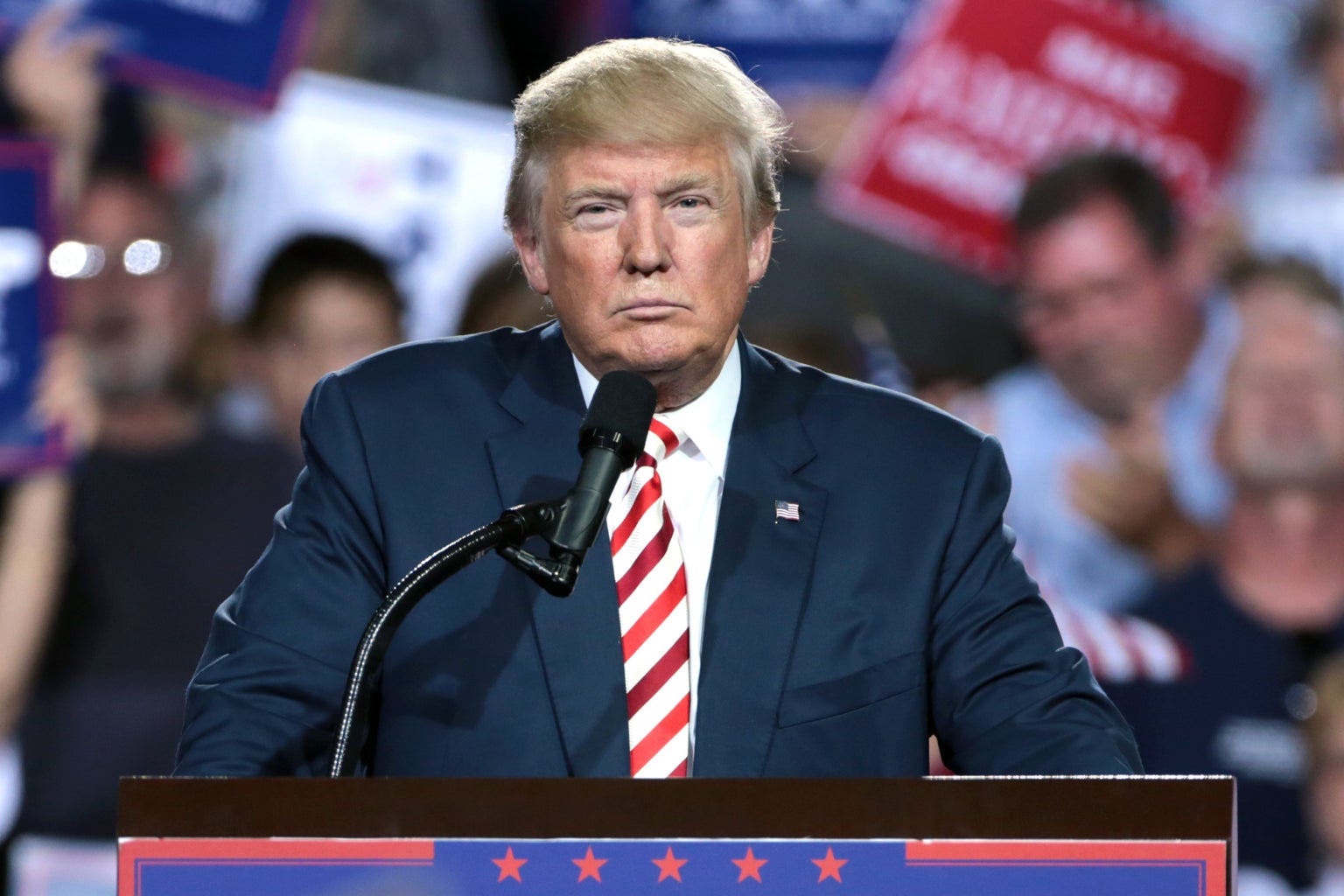In Colorado, a particular case asks a question that hasn’t been considered before in
history; can the Fourteenth Amendment be used to prevent someone’s name from being on the
ballot? If you’ve ever taken an American history class, then you have probably learned about the
Civil War and the three amendments that came to be shortly after. One of those amendments is
the Fourteenth Amendment, mainly known for establishing citizenship for recently freed
Americans and creating the equal protection clause. However, it also holds a lesser-known
section that has rarely been cited since becoming the law of the land.
Article Three of the Fourteenth Amendment states,
“No person shall be a Senator or Representative in Congress or elector of President and
Vice-President, or hold any office, civil or military, under the United States, or under any State,
who, having previously taken an oath, as a member of Congress, or as an officer of the United
States, or as a member of any State legislature, or as an executive or judicial officer of any State,
to support the Constitution of the United States shall have engaged in insurrection or rebellion
against the same, or given aid or comfort to the enemies thereof. But Congress may by a vote of
two-thirds of each House, remove such disability.”
So, in simpler terms, if someone takes an oath while in office and then engages in
“insurrection or rebellion,” they will no longer be able to hold such an office. This section of the
Amendment was designed to prevent any former Confederates from taking office, however, a
group in Colorado is trying to see if it may also apply to Donald Trump.
Their case relies on the basis that Trump did indeed violate his oath of office: whether that be
during the events on January 6th or in attempting to overturn election results. The latter of which,
he is being tried for in Georgia. In the wake of January 6th, a New Mexico official was removed
from office due to their involvement, which shows the statute is used, no matter how rarely. The
Colorado case was filed in September by a group of current and former Republican voters. For
the group’s argument to work, however, the Honorable Judge Sarah Wallace must find that
January 6th was indeed an insurrection and Trump played a part in said insurrection. If the Court
finds those facts to be true, the Court could potentially order the Colorado Secretary of State to
remove Trump from the ballot. This process could be more complex; some scholars believe that
to invoke this particular part of the Amendment, such orders must come from Congress.
However, states explicitly have power over elections, which further complicates things.
Trump’s attorneys claim that the suit is undemocratic, as it aims to remove the front-
runner Republican candidate from the ballot. If this case ruled in favor of the voters, then similar
cases in other states may follow suit. Minnesota, New Hampshire, California, and Michigan are
asking similar questions regarding Trump and the Fourteenth Amendment. These questions have
never been asked about a presidential candidate. So while this case may be taking place in
Colorado, the ruling could send ripples throughout the U.S.



